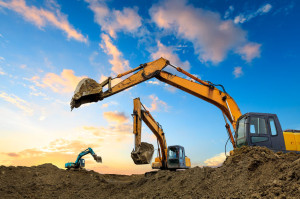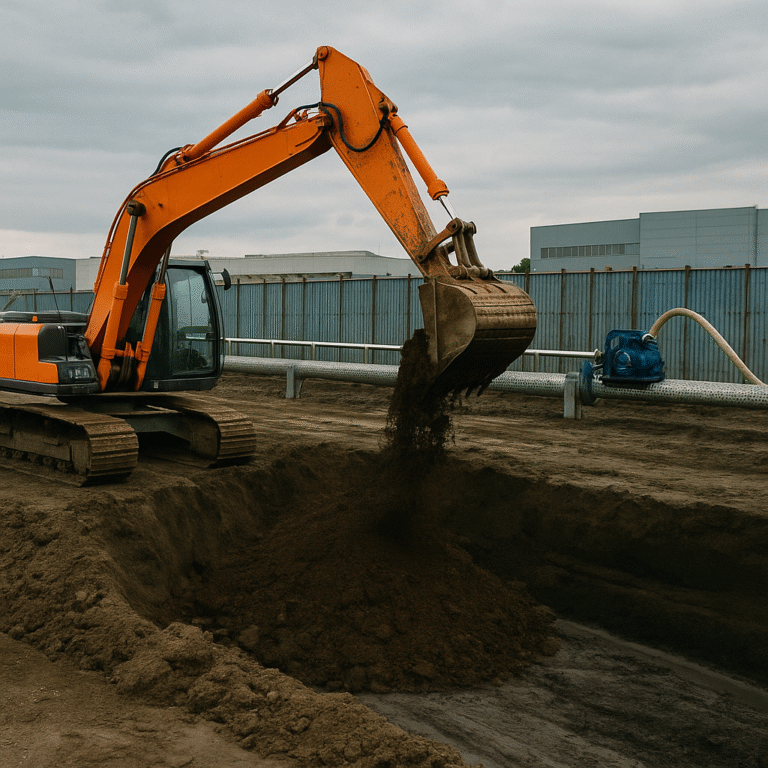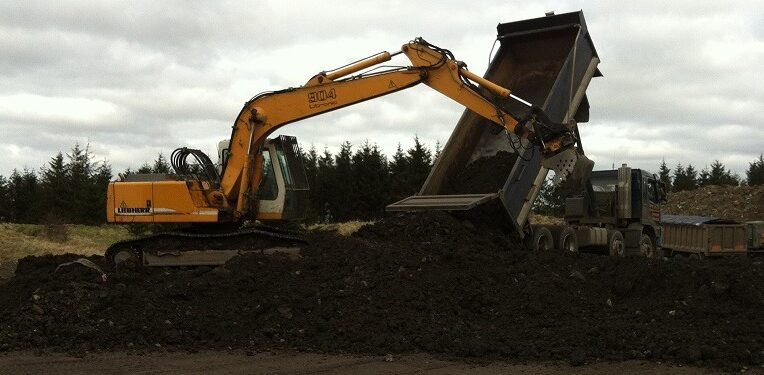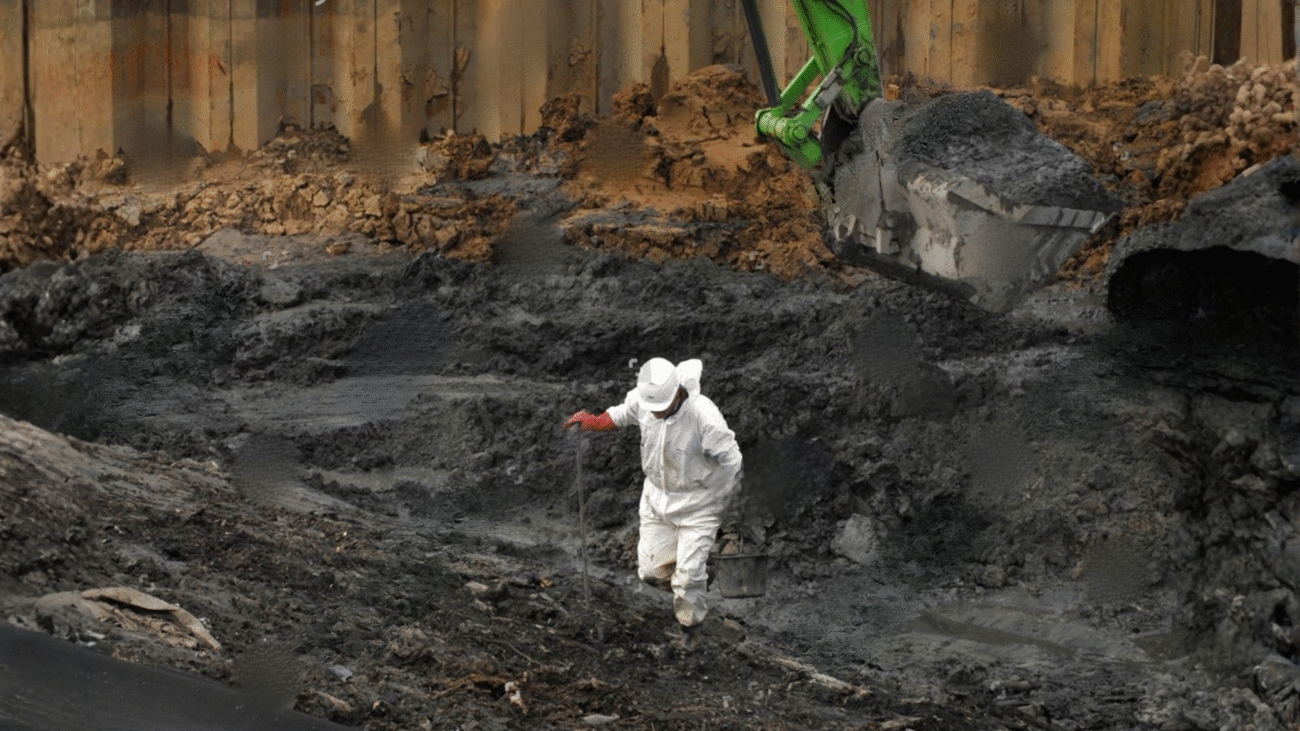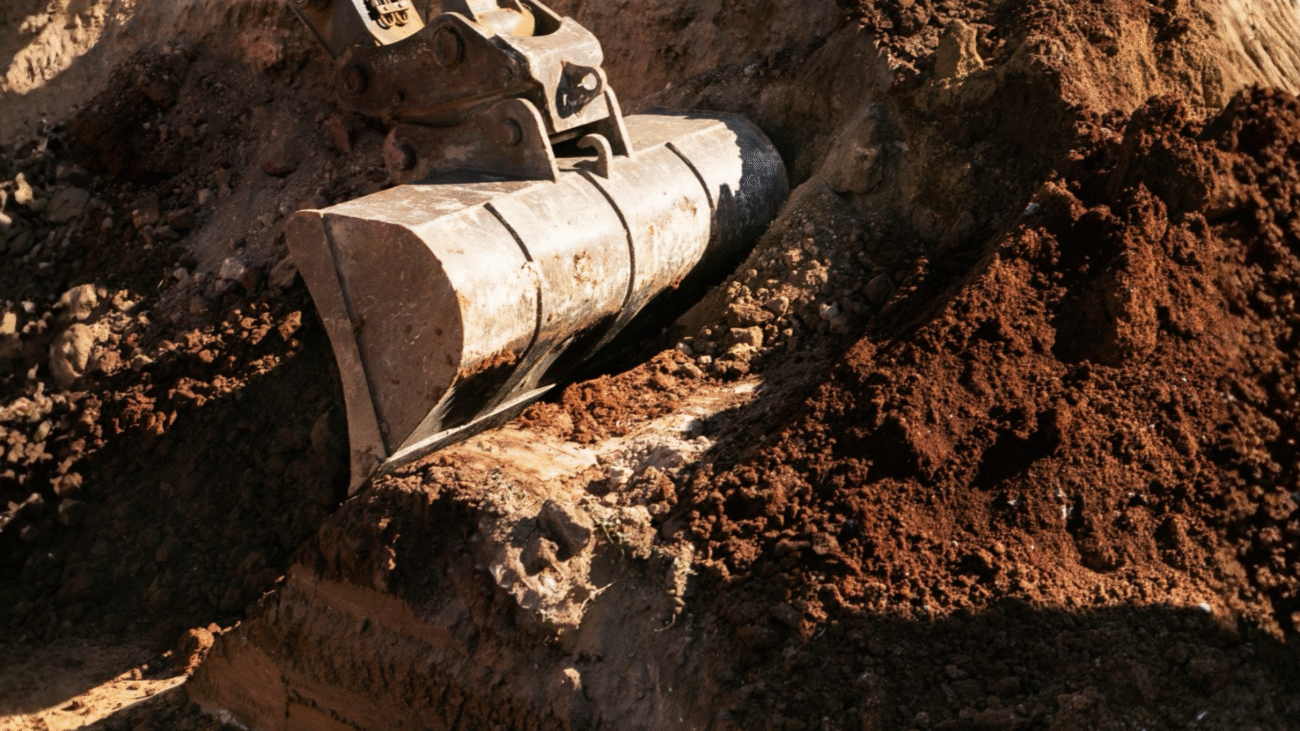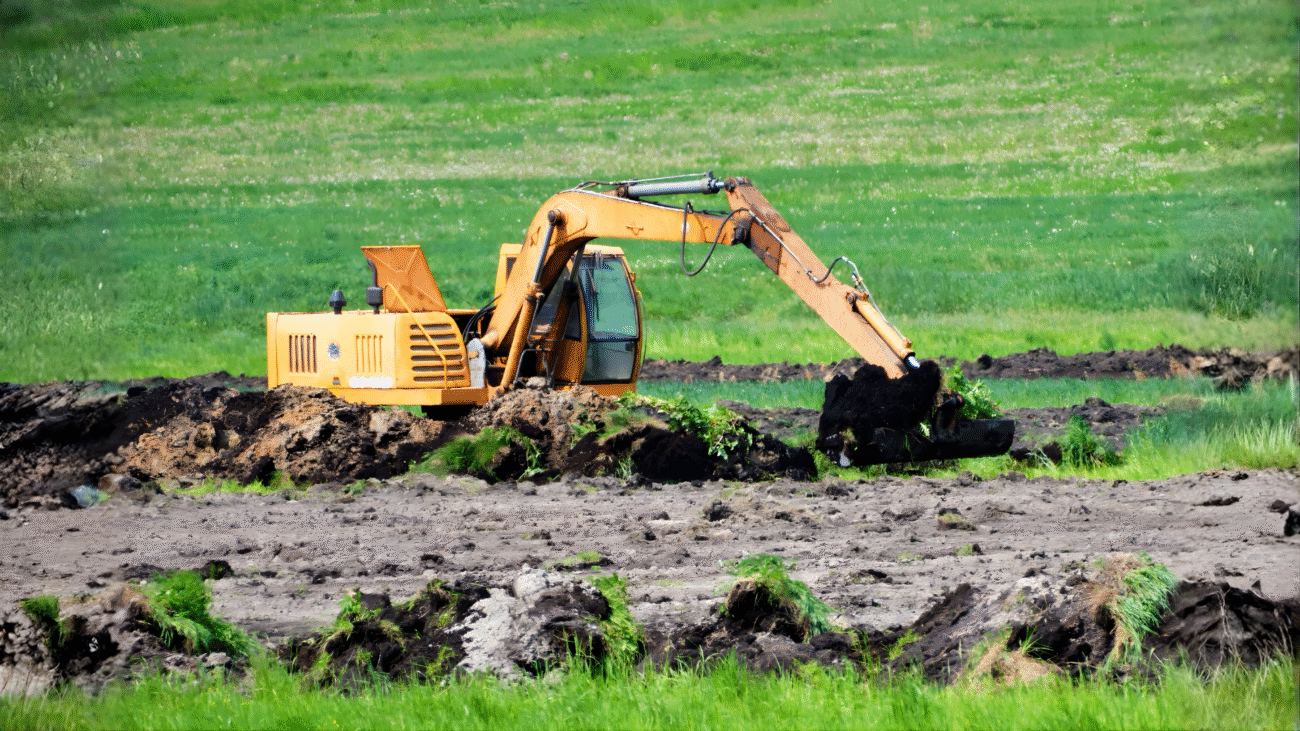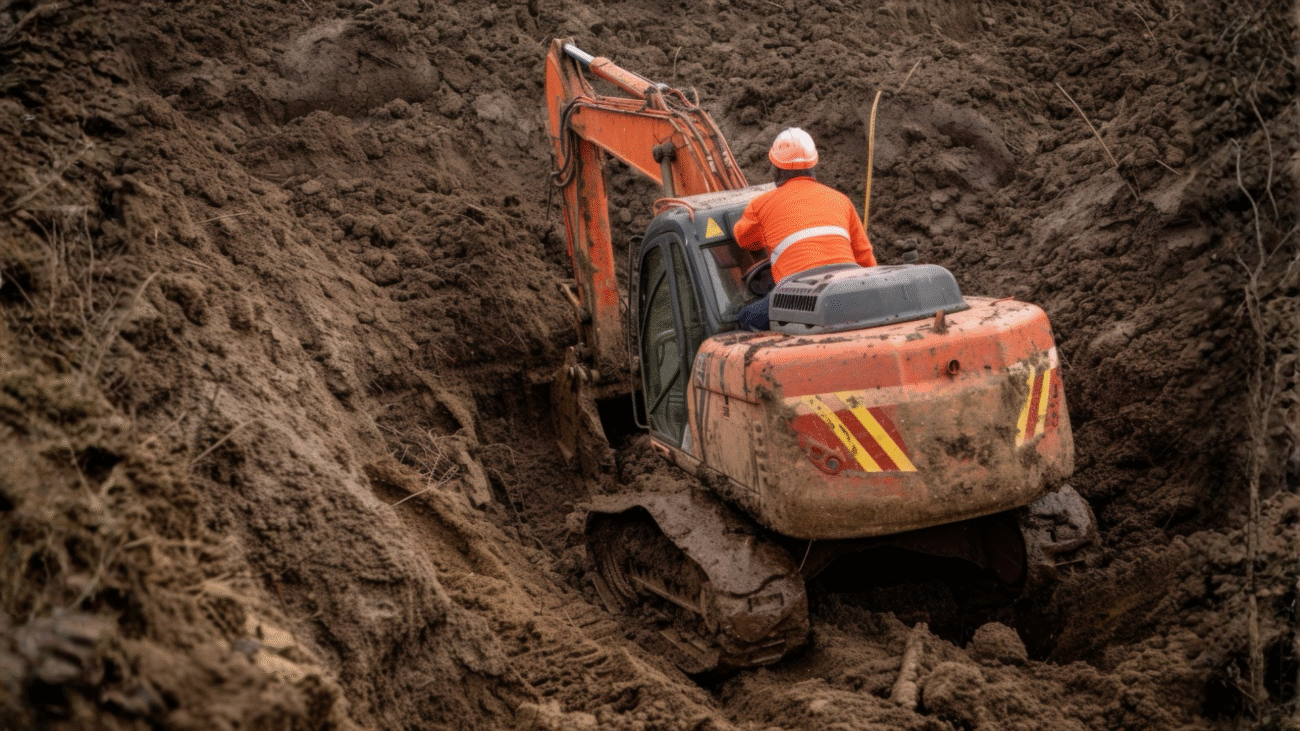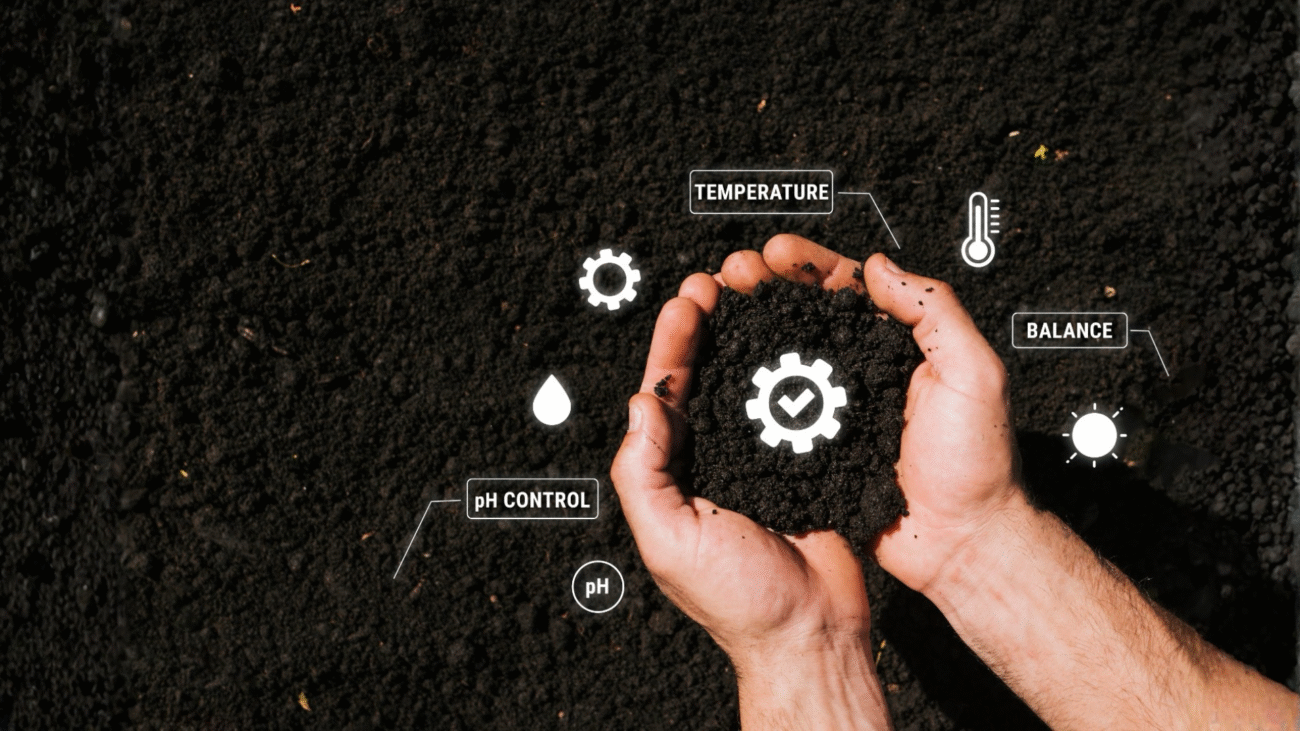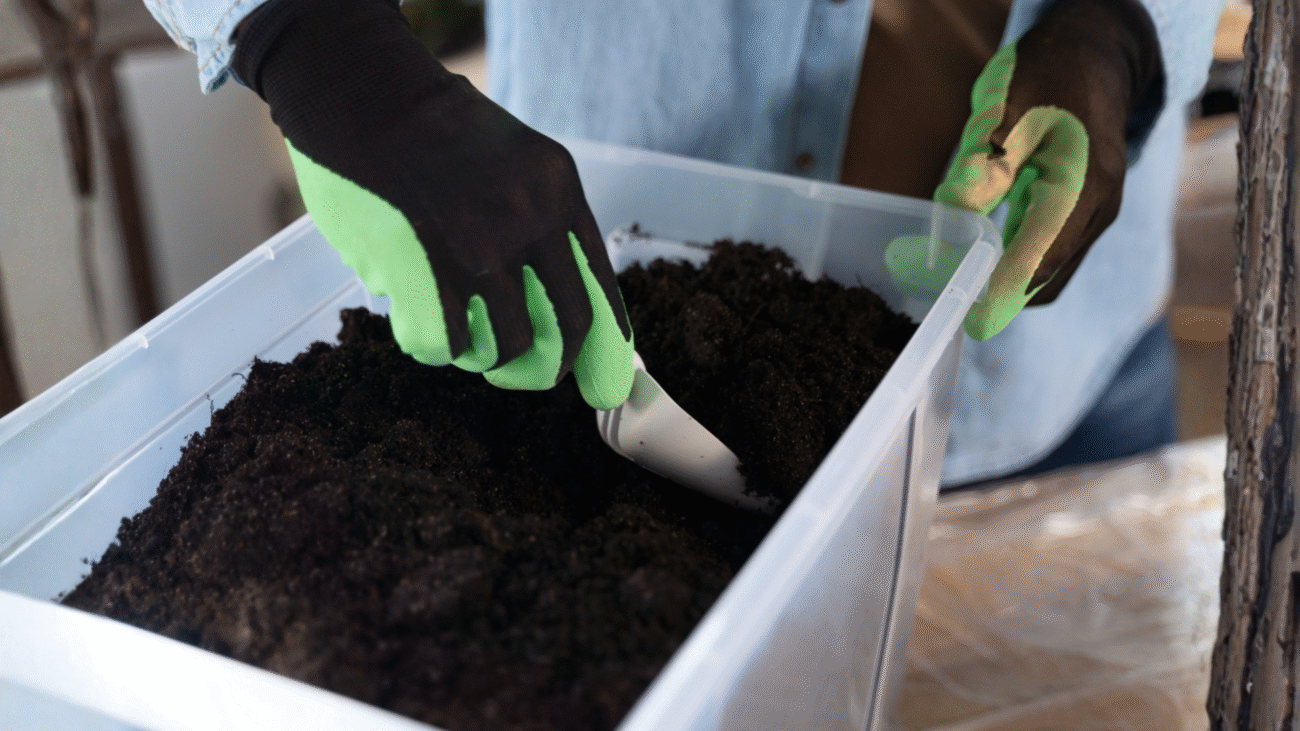Restoring Land, Protecting Mountain Aquifers
Introduction
Uttarakhand, famously known as the Land of the Gods, faces increasing challenges from rapid urbanization, hydropower projects, agriculture, and industrial expansion, making Soil Remediation Services in Uttarakhand essential to restore polluted land, protect aquifers, and ensure sustainable development.
The Ground Water Company provides expert contaminated soil remediation services in Uttarakhand, assisting industries, communities, and authorities in restoring polluted land and protecting aquifers. Our gas station soil remediation solutions tackle hydrocarbon pollution, while advanced multiphase extraction remediation techniques ensure effective cleanup, promoting sustainable development across the region.
What Is Soil Remediation?
Soil remediation refers to the scientific process of removing, neutralizing, or containing pollutants in soil so that it becomes safe for agriculture, habitation, and industry. The ultimate goal is to keep harmful substances from seeping into aquifers and rivers.
In Uttarakhand, the most common soil contaminants include:
- Heavy metals from industrial estates (pharmaceutical, textile, chemical units)
- Hydrocarbons and solvents from automobile workshops and small factories
- Fertilizer and pesticide residues from intensive farming in the Terai and Doon Valley
- Leachate from unregulated dumpsites in Dehradun, Haridwar, and Haldwani
Soil Contamination Challenges in Uttarakhand
The state’s unique mix of mountain terrain and fertile plains makes it highly vulnerable to contamination:
- Industrial Growth – Haridwar, Dehradun, Pantnagar, and Rudrapur have emerged as manufacturing hubs, but poorly managed waste adds pressure on land and water.
- Agriculture in Terai & Doon – High use of fertilizers and pesticides contaminates shallow soils and groundwater.
- Urban Waste & Leachate – Rapid expansion in cities like Dehradun and Nainital has overwhelmed waste management systems.
- Hydropower & Infrastructure Projects – Construction in fragile slopes disturbs soils and increases contamination risks.
- Tourism Pressure – Hill towns such as Mussoorie and religious centers like Rishikesh generate significant waste, often unmanaged.
Our Soil Remediation Services in Uttarakhand
At GWC, we design solutions that take into account Uttarakhand’s mountains, valleys, and high rainfall patterns. Our services include:
- Soil Testing & Risk Assessment – Identifying pollutants and evaluating their impact on groundwater.
- Bioremediation – Using natural microbial action to break down harmful organic matter.
- Soil Washing & Stabilization – Removing pollutants and reducing the mobility of heavy metals.
- Thermal & Chemical Treatments – Targeted solutions for hydrocarbons and industrial solvents.
- Containment & Secure Landfill Solutions – Safeguarding landfills and industrial sites to prevent toxic seepage.
Why Soil Remediation Is Critical for Uttarakhand
-
Protects Fragile Aquifers – Stops pollutants from entering shallow groundwater in Uttarakhand’s valleys and foothills using advanced multiphase extraction remediation methods.
-
Restores Farmland – Rejuvenates soil health for agricultural lands in the Terai and Doon Valley with effective sewage contaminated soil treatment.
-
Supports Safe Development – Makes polluted land safe for residential or industrial use through proven thermal treatment soil remediation techniques.
-
Ensures Compliance – All remediation processes adhere to Uttarakhand Environment Protection and Pollution Control Board (UEPPCB) regulations.
-
Preserves Ecosystems – Protects rivers, springs, and mountain soils essential for biodiversity and tourism while promoting sustainable land management.
Additional Groundwater Services in Uttarakhand
Alongside soil remediation, GWC also offers a comprehensive set of groundwater services:
- Ground Water Recharge
- Ground Water Seepage
- Rock Mapping
- Ground Water Consulting
- Ground Water Quality Monitoring
- Groundwater Remediation
- Integrated Water Resource Management
- Water Risk Assessment Audit
- Flooding Solutions
- Dewatering Solutions
- Ground water contamination
- ground water exploration
Conclusion
Uttarakhand’s future growth depends on finding the right balance between development and environmental protection. Safeguarding soil and groundwater isn’t just about compliance it’s about ensuring clean water, fertile land, and a sustainable future for its people.


